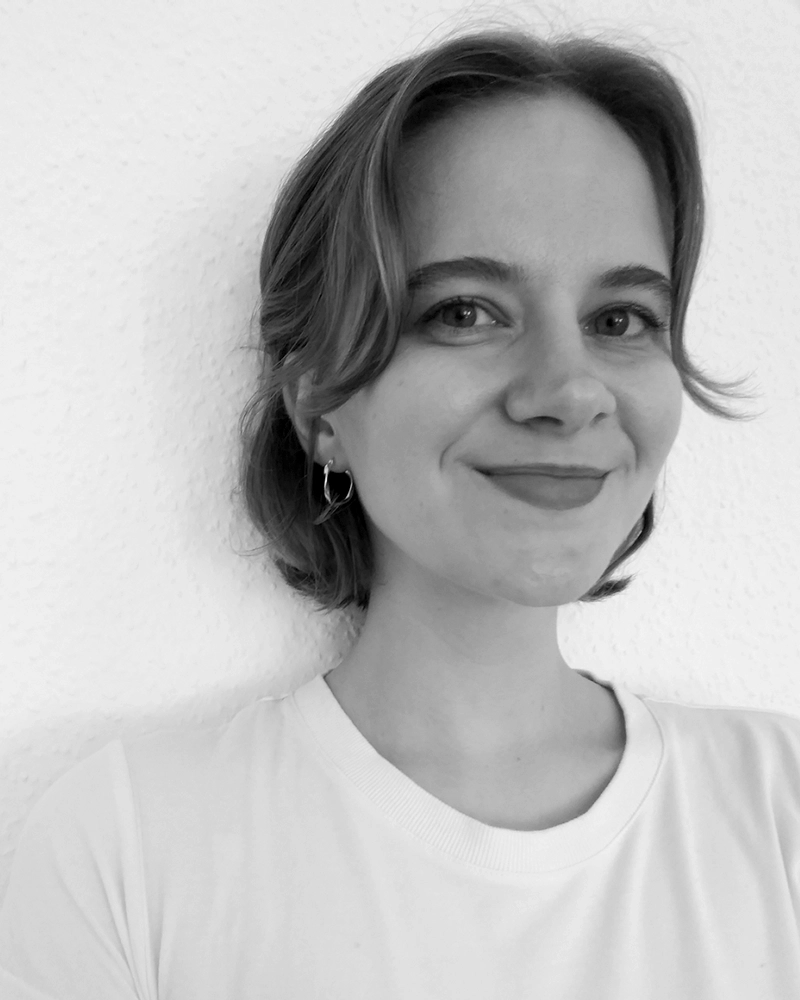
Eva Arnaszus
Legitimizing Religion: Romuva’s Struggle for Legal Recognition as a Religion in Post-Independence Lithuania
2020 marked a decisive moment for religious minorities when the pagan community Romuva went before the European Court of Human Rights (ECHR) to overturn Lithuania’s parliamentary decision to deny them state-recognized status. A country-wide discussion on religion, legitimacy and law surrounds the issue with contradictory historic narratives while Romuva’s status isn’t yet confirmed. My research seeks to investigate how the negotiation of the concept of religion is reflected in law and in the practices of Romuva.
Research Interests
- Transcultural Studies
- Minority Studies
- Nation Building
- Philosophy of Language
- Transhumanism
Vita
- 2017 – 2022
Technical writer at SAP - 2013 – 2016
M.A. Transcultural Studies at Heidelberg University - 2011 – 2012
volunteer at Women Empowerment Through Self-Help Groups in Ahmedabad India - 2008 – 2011
B.A. Philosophy at Bonn University
Talks, Workshops and Events
- 12.10.2023
Talk Romuvas Kampf um die rechtliche Anerkennung als Religion im unabhängigen Litauen im Rahmen des Kickoff-Workshop des WoC-Labs Religion glokal, University of Bremen - 05.09.2023
Talk Romuva’s State Recognition: Discursive Identity Building Through Contradiction at the 20th Annual Conference of the European Association for the Study of Religions, Vilnius Lithuania - 22. – 24.10.2015
Symposium Histories of Japanese Art and their Global Contexts: New Directions, University of Heidelberg - 31. – 02.11.2014
Conference Transcultural Framing(s): Materials and Metaphors, University of Heidelberg